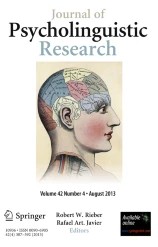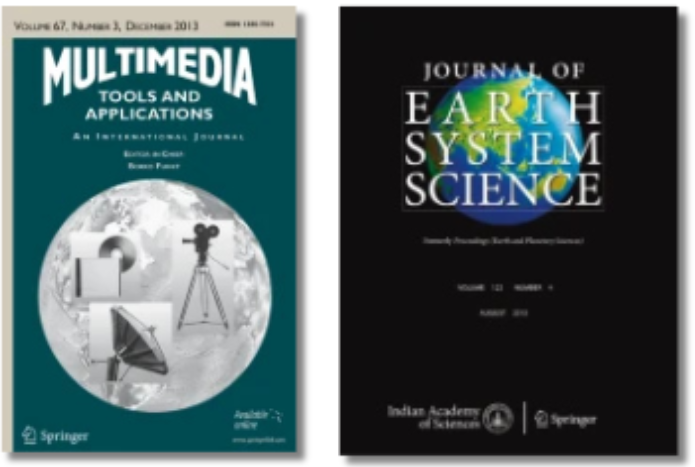
A journal has retracted a 2025 paper on social media and anxiety after a reader raised questions about the data – and thanks to the mentorship of a sleuth or two.
The article appeared in 2023 in BMC Psychology, a Springer Nature title. The sole author was Li Sun, whose affiliation is listed as the School of Marxism at Zhoukou Vocational and Technical College, in China.
According to the abstract of the paper, the research explored “the impact of mindfulness-based mobile apps on university students’ anxiety, loneliness, and well-being.” Those apps were “Headspace, Calm, and Insight Timer” which “offer a range of mindfulness exercises and resources for users to explore.”
Continue reading Hive mindfulness: Sleuths’ advice leads to retraction of paper on social connection







